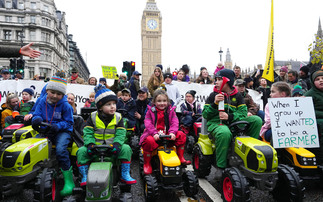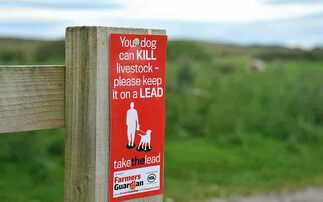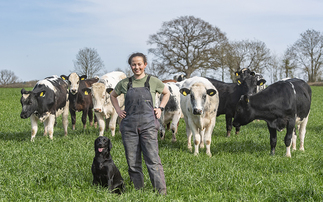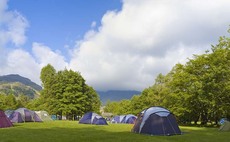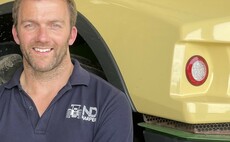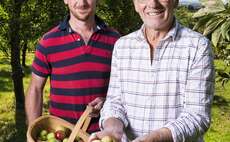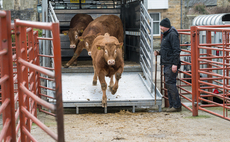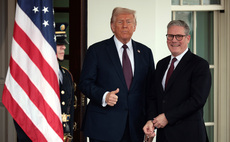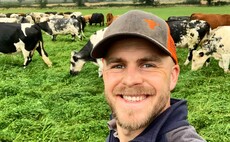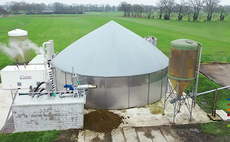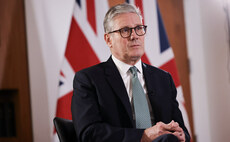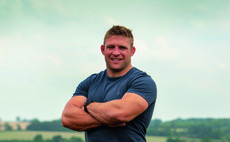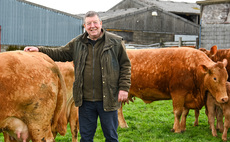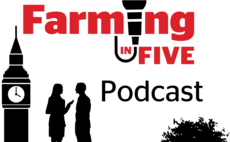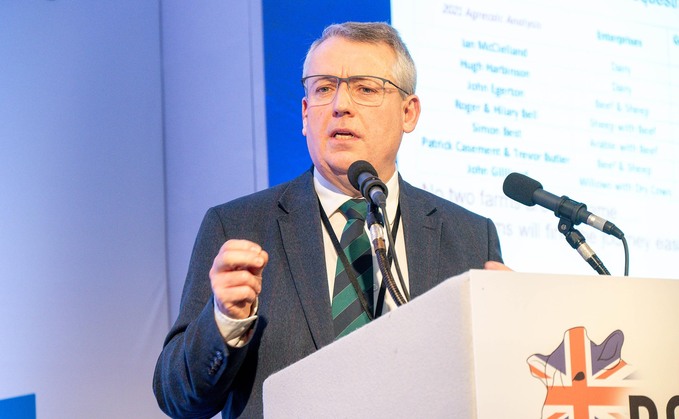
Knowing the numbers is key for farmers looking to reach net zero, or beyond, with creating a whole-farm carbon balance sheet a key place to start.
Prof John Gilliland is a Northern Irish farmer, ARC zero chair and adviser to AHDB and Quality Meat Scotland (QMS), who has also previously served as Ulster Íæż½ã½ã Union president.
Prof Gilliland ran a research farm in the Republic of Ireland for seven years, which was the first to fully baseline all the carbon on its landscape.
"And we found that actually farmers are custodians to a lot of carbon," he said.
ARCZero
At the start of Covid-19 pandemic, the Northern Irish Government launched a competition for farmer-led innovation, and Prof Gilliland and six other farmers bid for funding.
"We are now four years into it and we have had some remarkable revelations. It has also helped us focus better on our farms," he said.
The seven farmers went out and found their own numbers on carbon stocks and Prof Gilliland said they could now make better quality decisions.
Some were already beyond net zero, whilst others still had a way to go.
Prof Gilliland said some farmers would find reaching net zero easier than others, and suggested farms could trade ‘carbon quotas' in the same way they traded milk quotas.
He highlighted net zero was not the same as zero emissions, but emissions were what were talked about mainly, whereas farming was probably the only sector which could actually have assets and build them.
Alongside AHDB and QMS, Prof Gilliland was now conducting a baseline pilot on 170 farms, building on the experience in Northern Ireland.
READ NOW: The White Giant: The Italian farm breeding the biggest cattle in the world
"From the AHDB and QMS call for applications for the pilot, we were completely oversubscribed, and if we could find another vehicle that could fund them, we would like to do an awful lot more farms," he said.
He added this was a ‘knowledge-based' journey and if people talked ‘at farmers' instead of with them they would get the wrong reaction.
"But the key thing, the one thing we succeeded with [for] the Belfast Government, is that measuring with this kind of accuracy is a public good."
Government
He said knowing the numbers helps in their argument for funding when there are so many competing priorities in Government.
"You gave us £X million and we delivered you 2x in public goods back again. And unless we can articulate that, we will not win this argument in Number 11."
Prof Gilliland said the seven farms had also benchmarked against each other, which allowed them to focus on areas which needed improvement.
READ NOW: View from the Hill: UK/US relationship 'potentially more complex' after Trump win
"What we are seeing is that has allowed us to be our business, to be more resilient now resilient is economic resilience, but environmental resilience too," he said, adding the farmers were now making more money.
He also highlighted some of this was about going back to techniques which farmers' grandparents had used, but they now had the science to measure the benefit that ‘they could see but we could not quantify'.
"If you look at the scale of change that farming has [gone through] since the second world war, it has changed beyond recognition and it will change again," he added.
"And I will argue that in the next 10 years we will have more change than we had in the last 30 years. But what we need to do is help my peers, farmers, with as much really good information, but focus it on their own assets."









